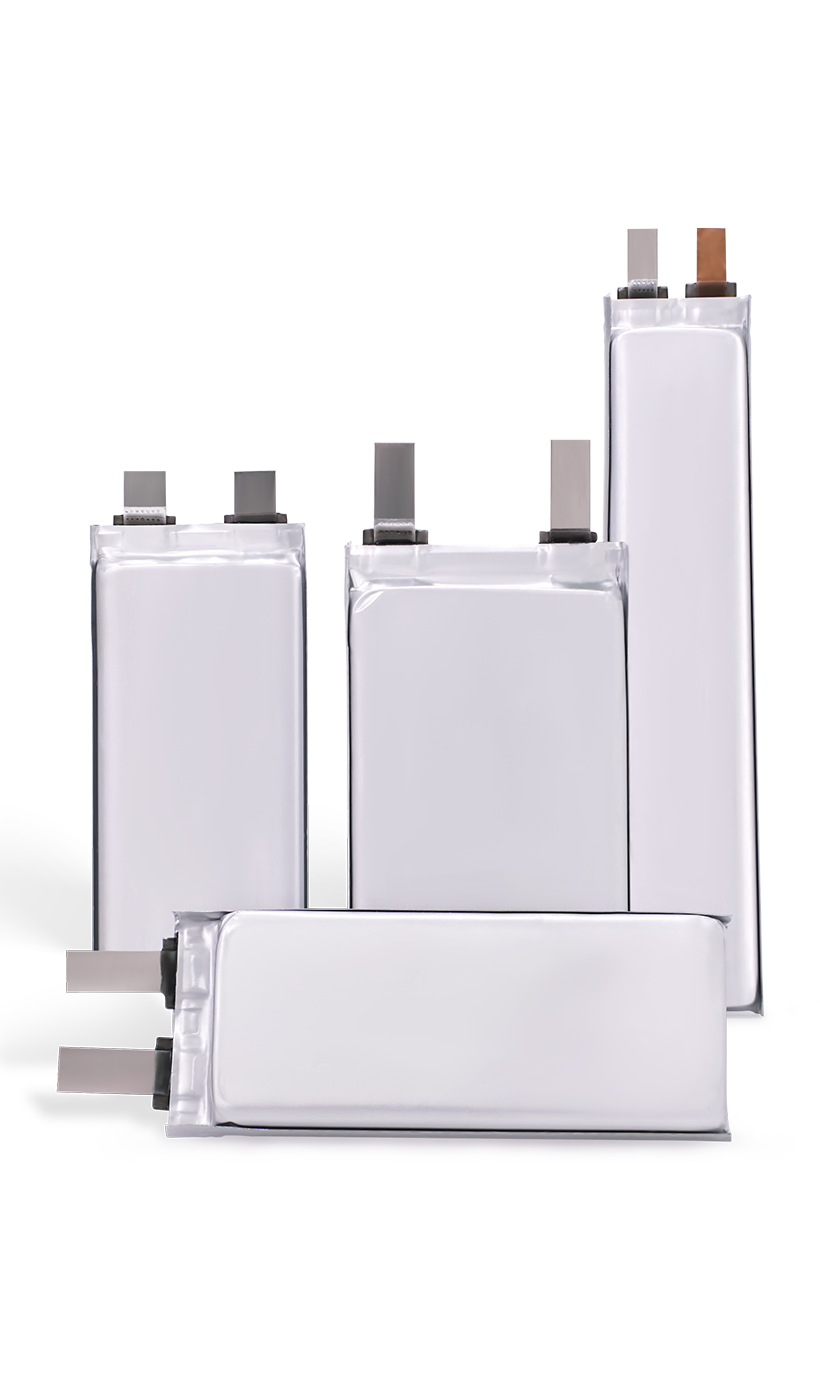Global demand for lithium polymer (LiPo) batteries is surging across industries—from consumer electronics and drones to medical devices and aerospace. In this context, sustainability and quality assurance have become critical competitive advantages. Manufacturers are increasingly prioritizing safe, precision-engineered battery solutions with minimal environmental impact over mere cost and output efficiency.
The environmental footprint of battery production has drawn increasing attention. Lithium, cobalt, and nickel extraction can be resource-intensive, and the International Energy Agency projects that battery mineral demand will quadruple by 2030. Leading manufacturers are responding with closed-loop recycling programs, green chemistry processes, and eco-friendly packaging and logistics. Verified sustainable sourcing is increasingly a requirement for OEMs, particularly in regulated markets like the EU.
High-reliability sectors such as medical devices and aerospace are driving higher standards. Batteries in ventilators, infusion pumps, drones, and satellites must meet stringent safety, performance, and compliance criteria. Manufacturers employ ISO 13485 certification, advanced cell matching, and MIL-STD testing to ensure stable, long-term operation. As TtekAI notes, “Customers now seek longevity, reliability, and eco-conscious manufacturing—hallmarks of premium LiPo systems.”
Sustainability and quality often reinforce each other. Using high-purity materials, implementing advanced recycling, and adopting non-toxic electrolytes not only reduces environmental impact but also improves battery reliability and lifespan.
Regulatory pressures are accelerating this shift. The EU Battery Regulation mandates carbon footprint reporting, recycled content, and supply chain transparency, while US agencies like the FAA and FDA tighten safety and traceability requirements for aviation and medical batteries.
For B2B and OEM manufacturers, this evolution presents opportunities. Buyers increasingly pay a premium for batteries that meet international safety standards, demonstrate ethical sourcing, and provide verifiable environmental benefits. Companies embracing eco-conscious, high-standard production can strengthen customer trust, secure long-term contracts, and differentiate themselves in a growing market projected to expand at over 10% CAGR through 2030.
The takeaway: Sustainability and rigorous quality are no longer optional—they are essential for LiPo battery manufacturers aiming for long-term success.







